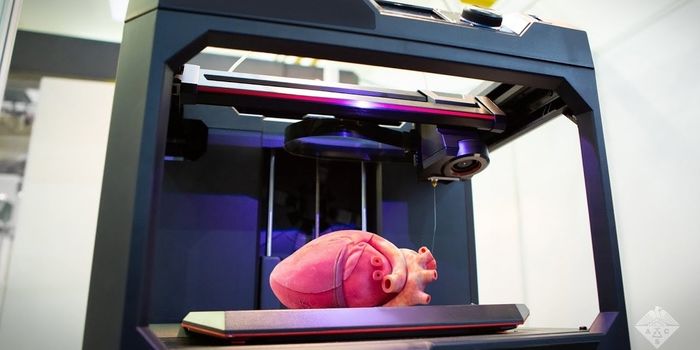One of the hottest developments in recent years has been the CRISPR gene editing process. CRISPR stands for "clustered regularly interspaced short palindromic repeats" and it's a way to delete or insert certain genes, or even chemically repair DNA. It's possible applications are arguably endless and there's a lot of current research happening in chemistry departments all over the world. But there's one factor some might be missing, and that is the legal side of CRISPR
Since the technology has so much potential, whoever owns the rights to the process will likely have a billion dollar asset in their pocket. The US Patent Office is currently conducting hearings on a dispute between the University of California and the Broad Institute at Harvard and MIT. Two biochemists at UC Berkeley filed a patent for the process in 2012 and published their work showcasing their process. Feng Zhang from the Broad Institute was also working on CRISPR and filed a patent after the Berkeley team but he paid to have the US Patent Office expedite his review (which is legal) and thus was issued the first CRISPR patent. The debate has become about the definition of CRISPR. The Patent office has said it's specific to eukaryotes, cells in plants animals and humans animals, which Zhang's work involved. The Berkeley team's work involved prokaryotes, which are only in bacteria and do not have the potential applications that eukaryotes do. The debate between the two uses of CRISPR could shape the future of the technology. A patent dispute of this magnitude is likely to affect research globally.








